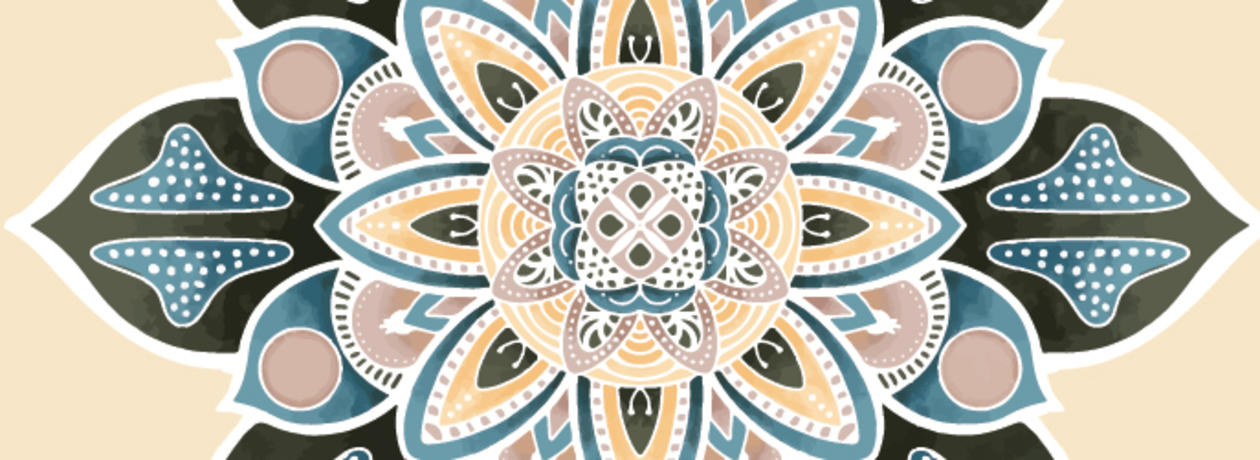
What is music therapy?

Music therapy is simply using music for non-musical goals! So the point of music therapy is not to get good at singing or playing an instrument but to interact with music for the mental and physical benefits it can bring. Read some examples of how it can help below.
Kyle used music during his recovery from a bone marrow transplant when he was 20 and found that, as he puts it, “Music is a drug. It puts you in a different state of mind.” For Kyle, music was “really beneficial just because it was really engaging. It was a little bit of escapism where I'm not really thinking about what's going on with me, but I'm engaging with the music.”
Music can help someone who is having issues with speech production. Music therapists employ a variety of technique including rhythm to motivate speech or vocal exercises to improve voice control. If someone is not be able to speak they might be able to sing, because singing uses a different part of the brain. Music can be a tool to work around deficits.
Jenelle’s goal was to increase her stamina after her months of treatment. She found that playing drums motivated her to stand up for longer periods of time than she could do on her own—the fun of playing helped her overcome her fatigue.
Music impacts your brain! Music can act like a drug, says neuroscientist Kiminobu Sugaya. Music increases dopamine in the brain, which helps regulate behavior, motor activity, and learning. Music also activates large areas of the brain, which can address deficits in any one area of the brain. For example, listening to music activates both sides of the brain, because language and words are interpreted in the left hemisphere while music and sounds are interpreted in the right hemisphere. This can help with speaking or language issues. (Playing an instrument also involves both sides of the brain as we translate notes on a sheet to making our fingers play the right note.) Music may even stimulate the regeneration of nerves in the brain, which could help address memory loss.
Music therapy is not just one thing! It can be a whole range of activities, from listening to your favorite songs, singing, learning play songs on guitar or other instrument, drumming, dancing, or listening to a music therapist play relaxing music. It is great to work with a music therapist, especially if you are really not feeling well, or are having significant physical or emotional challenges, but you can also tap into some of the benefits on your own, as we explore later.